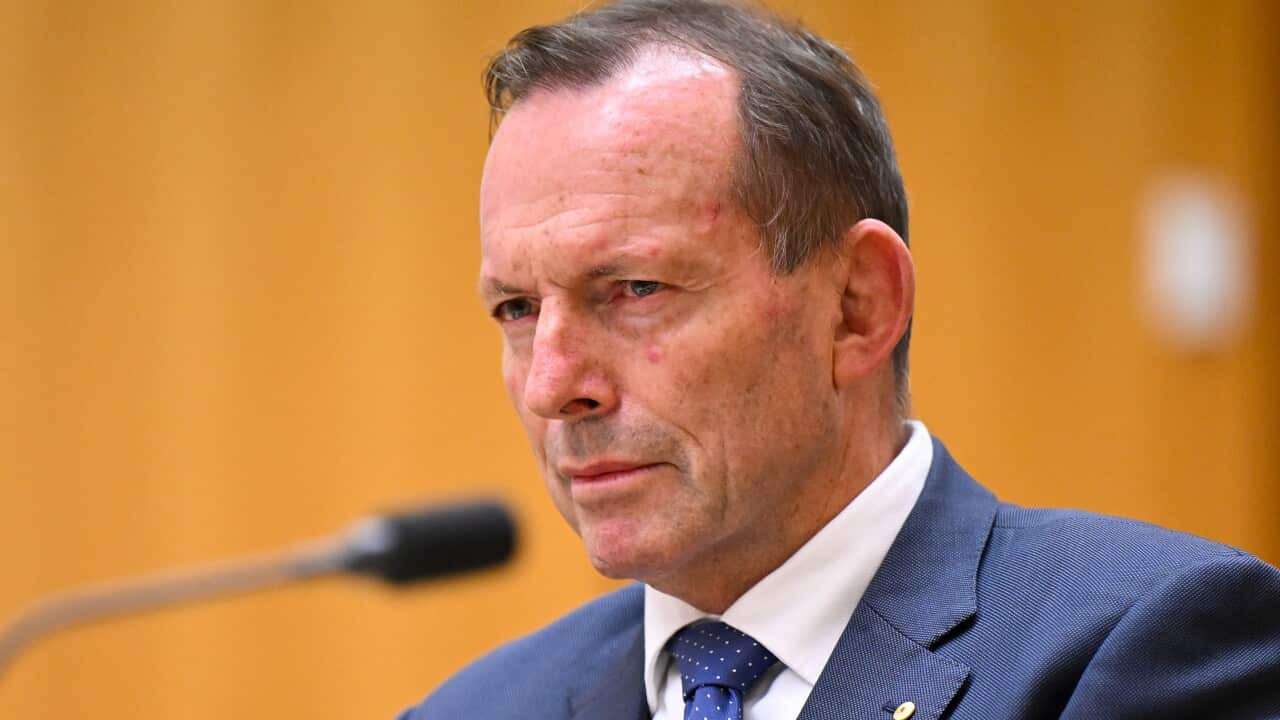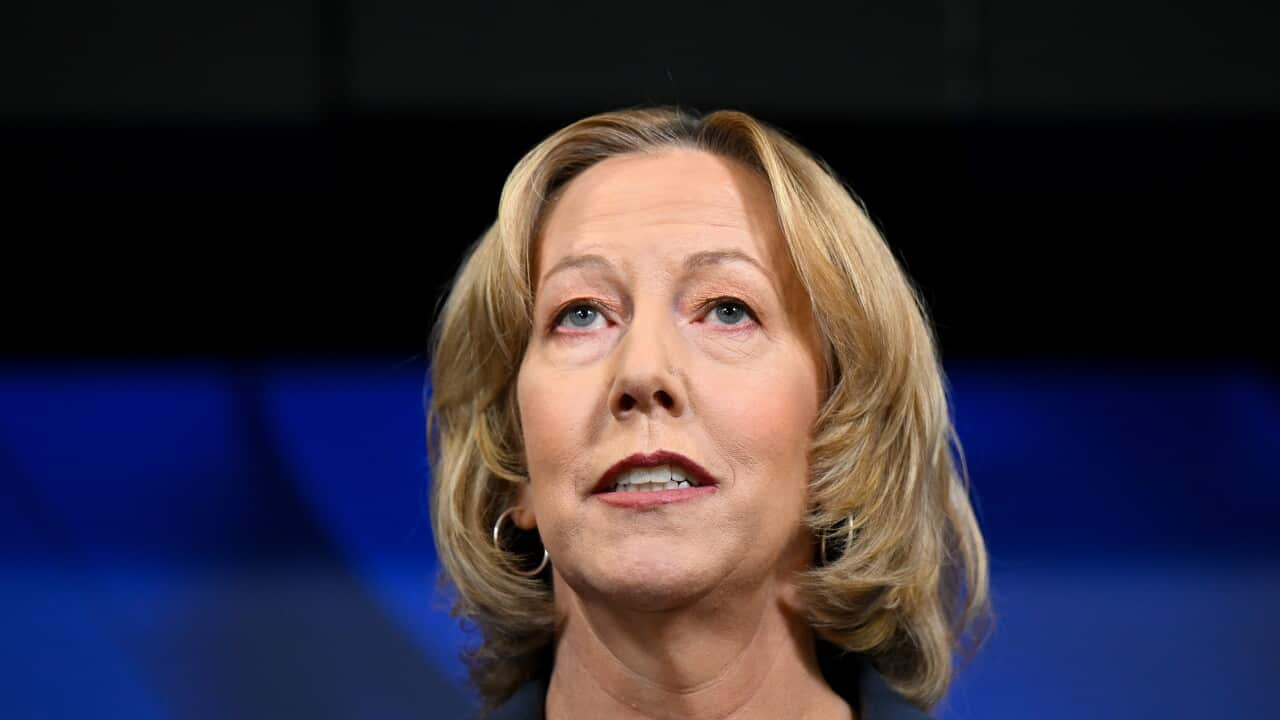KEY POINTS:
- Former prime minsiter Tony Abbott says Voice referendum will stoke 'separatism'.
- Mr Abbott has reiterated his support for constitutional recognition.
- Noel Pearson says Mr Abbott suggested Indigenous Senate seats when he was PM
The Voice to Parliament referendum will stoke "separatism" and leave Australia "embittered and divided" regardless of whether it succeeds, former prime minister Tony Abbott says.
But Indigenous leader Noel Pearson has flatly rejected the claim, saying Mr Abbott actually suggested allocating "special" Senate seats for Indigenous Australians while he was prime minister.
Speaking to a parliamentary inquiry on Monday, Mr Pearson insisted the Voice is “not going to create a separate democracy”, but enhance the existing system.
During an eleventh-hour appearance to the same inquiry, Mr Abbott urged Labor to call off the referendum and restart the process "in a less partisan way".
Mr Abbott said the best way to improve the lives of First Nations Australians was to increase the number of Indigenous people elected to parliament, saying there was "no persuasive evidence" the Voice would do so.

Mr Abbott urged the government to abandon the referendum. Source: AAP / Lukas Coch
"The last thing we want is a referendum proposal that fails. That would leave Australians embittered and divided. But I suspect that if this succeeds, it will likely also leave us embittered and divided because of the process which has got us to this point," he said.
"I don't expect, but I would hope, that the committee might recommend that we go back and start again. But if it's not prepared to do that, I do hope that it will recommend some significant changes to the wording."
Noel Pearson says Tony Abbott wanted separate Senate seats for Indigenous Australians

Noel Pearson says Mr Abbott suggested allocating separate Senate seats for Indigenous Australians. Source: AAP / MICK TSIKAS/AAPIMAGE
“I don't want to change the way we’re governed. I just want to acknowledge the fact that Indigenous people were here first, and should be respected as the first Australians," Mr Abbott said.
"I don't think anyone should have a special voice. I think everyone should have the same voice, and the voice of all of us is the national parliament."
But appearing before the same committee soon after Mr Abbott, Indigenous activist and lawyer Noel Pearson claimed a "former prime minister" had taken a much less "modest" approach in 2015.
Mr Abbott was replaced by Malcolm Turnbull in 2015, but Mr Pearson has confirmed to SBS News that he was referring to the former.

The nation's top lawyer has released his legal opinion on the proposed changes to the Constitution to enshrine a Voice to Parliament. Solicitor-General Stephen Donaghue says the Voice would 'enhance' government and won't pose any threat to democracy. Source: SBS News
"He says: 'Mate, I think setting aside special Senate seats would be an easier idea to get up'," Mr Pearson recounted.
“I was trying to say to him: ‘Prime minister, that is impossible to conceive of’.
“I said the Voice is a much more straightforward idea. It is more modest ... It's a simple idea, but it's a potentially profound and powerful idea that will enhance our bureaucracy."
SBS News has contacted Mr Abbott for clarification.

New polling shows the Voice is on track for success.
Under Labor's proposal, the body would advise parliament and cabinet on issues particularly impacting Indigenous Australians, and have no powers to veto legislation.
But Mr Abbott repeated concerns it could spark a wave of litigation in the High Court, a fear played down by Solicitor-General Stephen Donaghue and multiple constitutional experts.
, Mr Donaghue noted government decisions had long been subject to legal challenges without causing government "to grind to a halt". Prime Minister Anthony Albanese insisted the advice put to bed "the absolute nonsense" being peddled by the Coalition.
But Mr Abbott insisted "solicitors-general don't make these decisions".
Voice polling shows Yes campaign on track
Polling released on Sunday, conducted by YouGov on behalf of the group behind the Uluru Statement, showed the Yes campaign is on track for victory.
The poll found support for the Voice is at 51 per cent, opposition at 34 per cent, and undecided at 14 per cent.
But to pass, the referendum also requires a majority vote in most states.
The polling showed the Yes vote also on track to meet that hurdle, with four states showing a clear majority of support. It was also ahead in WA and Queensland, though had not reached the 50 per cent threshold.










